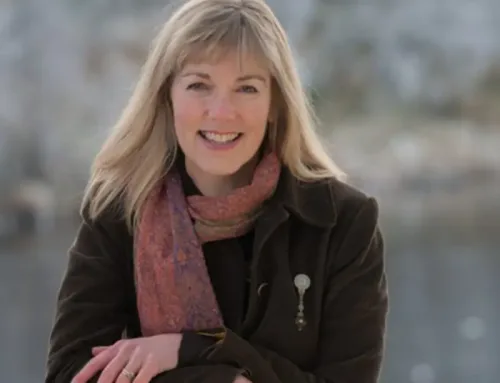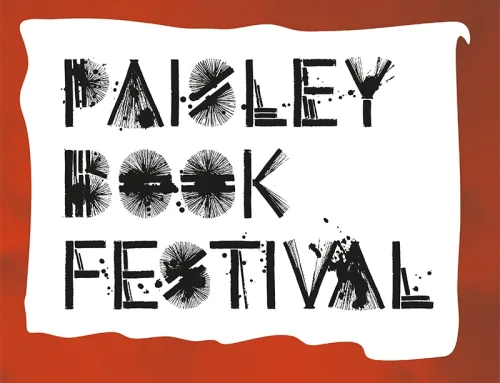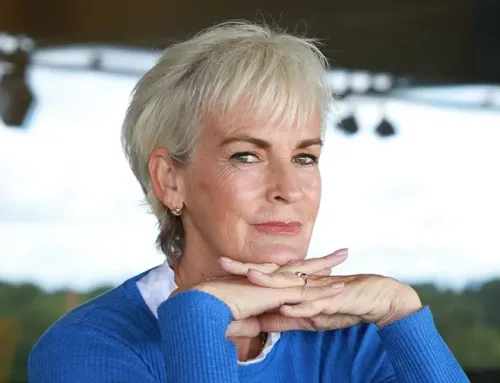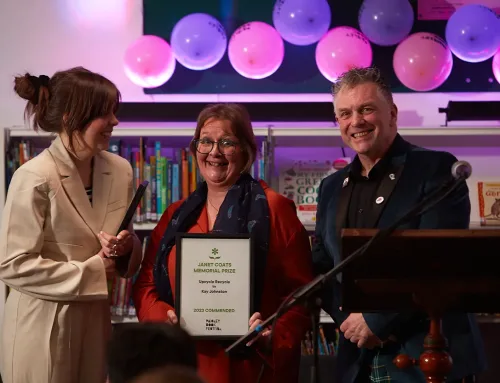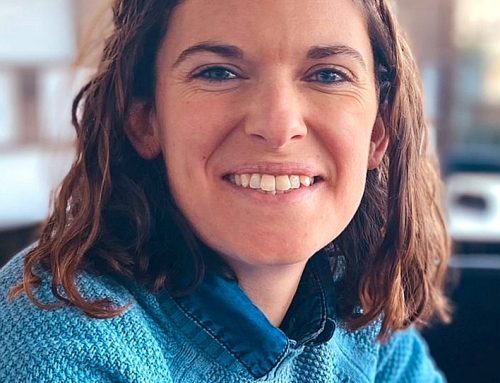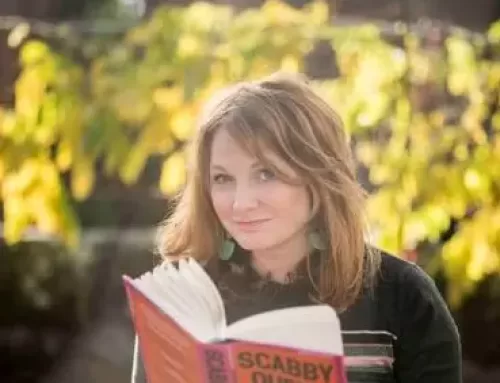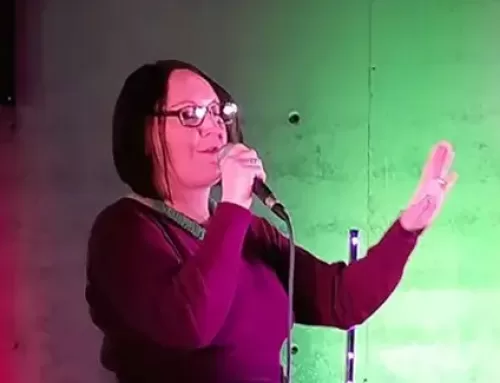This was an intimate session in the upstairs room of the UWS Union where Host Eilidh Akilade spoke with multi award winning poets Leyla Josephine and Hannah Lavery.
They began by reading from their respective poetry collections, Leyla’s In Public and Private, and Hannah’s Blood Salt Spring.
Leyla’s first poem was called Dear John Berger, inspired by her having to read his work at school. The theme of the poem related to our need to be seen and to be validated by others. It warned of the dangers of drawing too much attention to yourself, advocating “Showing off but never enough that someone might notice.”
The themes for the book, Layla says, arose from a consideration of the poem as being a gate between the inner and outer world. She wrote it in response to her need to understand her urge to share autobiographical work and the desire to be seen which emerged from her loneliness. The next poem is called Out of Reach the title of which she claims she stole directly from Gabriel.
Hannah Lavery then read from her new work, Blood Salt Spring, the broad themes of which were family and lockdown. She read ‘Make a Den’, a poem about being a half-sister and having a volatile father.
Eilidh Akilade asked a range of questions that resulted in some really interesting personal insights. Being from a performance background, both writers were asked how this influenced their work. Did they write with an audience in mind?
Hannah says she is really conscious of the performance aspect of her work. She talks intensely about the fact that people (mainly men) come up after the performance and say ‘I loved the raw emotion of that, it just all came out’, ignorant of the fact that she had been very careful in her writing, rewriting and editing of the work.
For Leyla, putting a poem down in writing meant, to a certain degree, giving up control of it. Performance was one thing, she said, but when it becomes a book, it can be read anywhere in any circumstances. You have in your mind the book being read, with a drink in front of an open fire, on a weekend off, but in reality, it can be used as toilet reading, or in a room full of screaming kids.
Leyla agrees. She says that people claim to ‘get to know’ poets through their work. This is impossible, since poets are very selective about what they write. “I deliberately choose what you get to hear.”
This, I think is a salient fact about poetry that I think eludes most people.
The panel talked about the challenges of editing, and about what it means to be Scottish. By the end (how quickly these fascinating and insightful events Pass) the room was full of warmth and deep compassion. Times were hard, both Layla and Hannah agreed, and we don’t know what the pandemic has done to us, but we are stronger in our position of accepting that we ‘don’t know’. Poetry isn’t about knowing things, said Hannah Lavery, poetry is about love.


